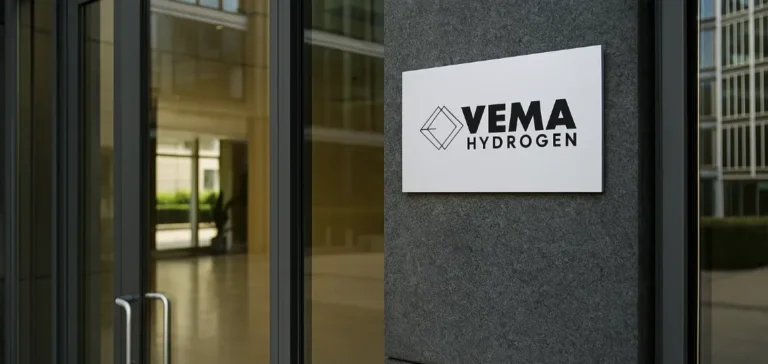Vema Hydrogen a annoncé la constitution d’un conseil scientifique réunissant des spécialistes mondiaux de la géochimie, de l’hydrogène naturel et des systèmes de production catalytique. Cette initiative s’inscrit dans la stratégie de l’entreprise pour industrialiser sa technologie Engineered Mineral Hydrogen (EMH), un procédé destiné à produire de l’hydrogène à faible teneur en carbone à partir de ressources minérales inexploitées. L’objectif est de répondre à la demande croissante en énergie décentralisée tout en maîtrisant les coûts de production à l’échelle du gigawatt.
Un appui scientifique pour structurer la montée en puissance
Le conseil comprend le Dr. Alexis Templeton (University of Colorado Boulder), spécialiste des interactions eau/roche dans les environnements souterrains, et le Dr. Isabelle Moretti (Université de Pau et des Pays de l’Adour), experte de l’exploration de l’hydrogène naturel. Ces profils renforceront les fondations scientifiques du projet alors que Vema Hydrogen se prépare à franchir une étape industrielle majeure avec le forage de ses premiers puits pilotes en Amérique du Nord.
Positionnement stratégique autour de l’Engineered Mineral Hydrogen
La technologie EMH développée par Vema Hydrogen vise une production à grande échelle en s’affranchissant des méthodes classiques comme l’électrolyse ou la gazéification. En exploitant des minéraux réactifs au sein de formations géologiques spécifiques, l’entreprise ambitionne d’offrir une alternative compétitive aux sources d’hydrogène existantes. L’approche permettrait d’alimenter des infrastructures locales sans dépendre de réseaux centralisés, ce qui renforce sa pertinence sur les marchés visés.
Une gouvernance scientifique issue de la recherche et de l’industrie
Le Dr. Brice Lecampion, directeur du Geo-Energy Lab à l’École Polytechnique Fédérale de Lausanne, apporte son expérience sur la fracturation et l’intégrité des réservoirs géologiques. À ses côtés, le professeur Esteban Gazel (Cornell University), spécialiste des matériaux volcaniques et des éléments critiques, contribuera à l’évaluation des sites de production potentiels. Le croisement des expertises scientifiques et industrielles constitue un levier central pour consolider la feuille de route technique de Vema Hydrogen.
“Nous avançons rapidement vers la commercialisation de notre Engineered Mineral Hydrogen, et le potentiel de développement est sans limite”, a déclaré Pierre Levin, directeur général de Vema Hydrogen.






















